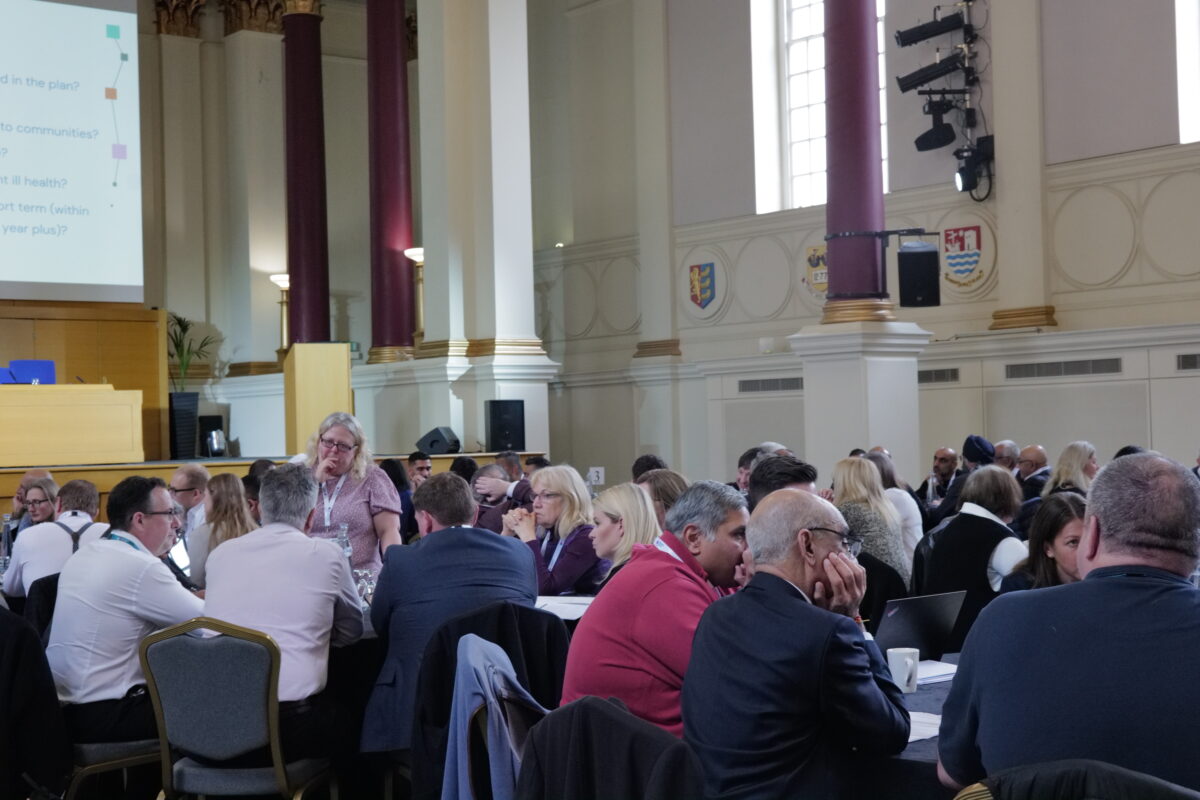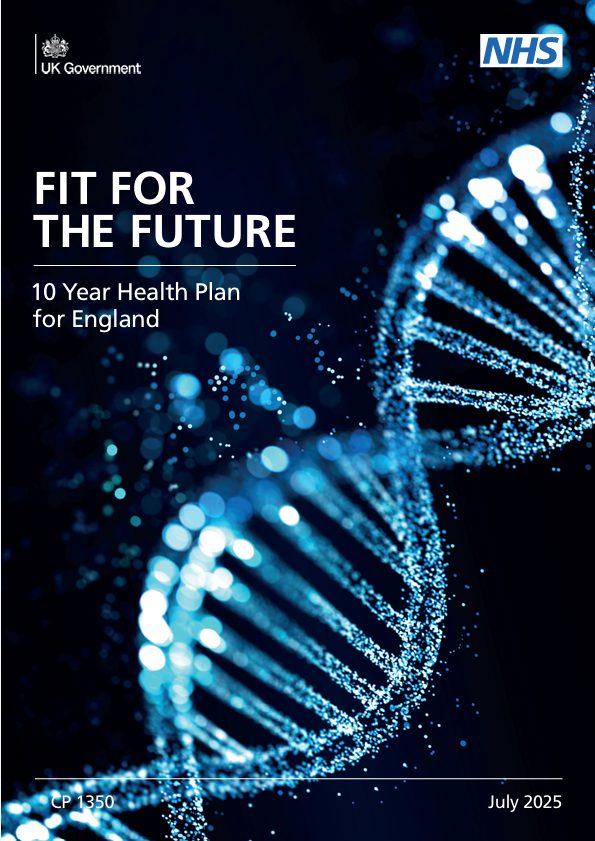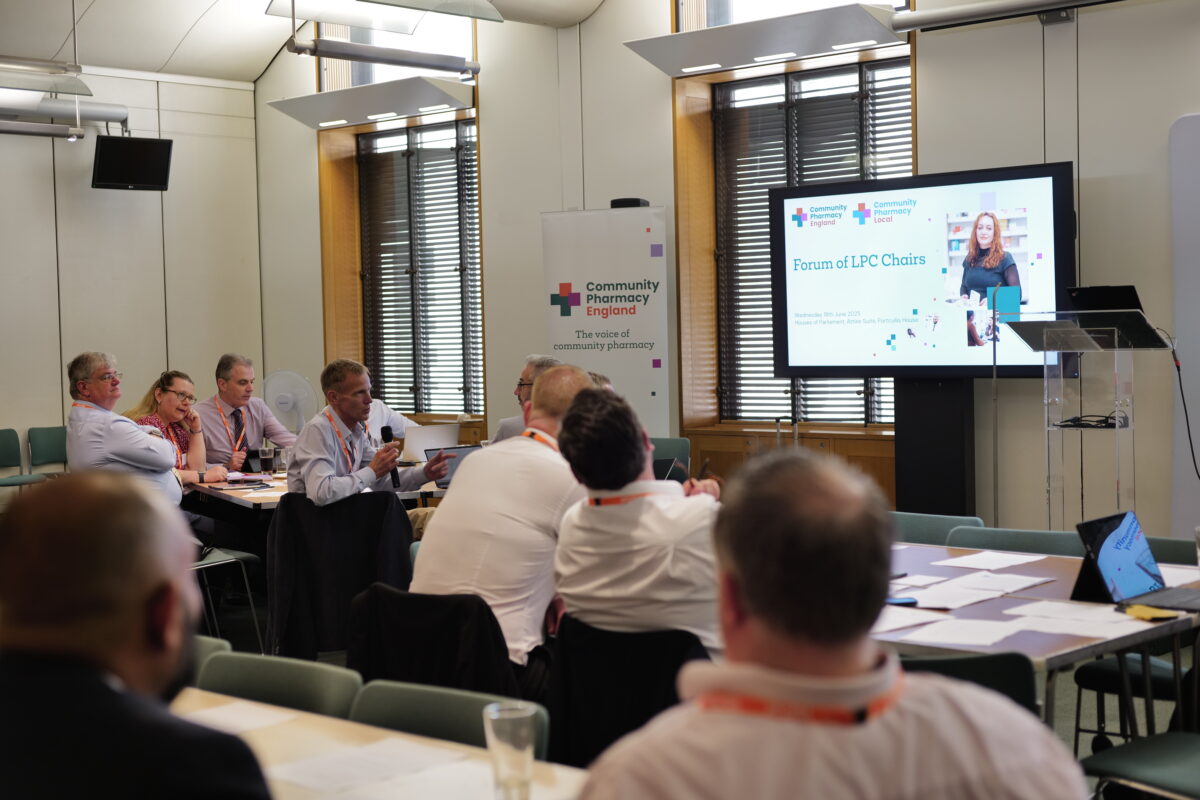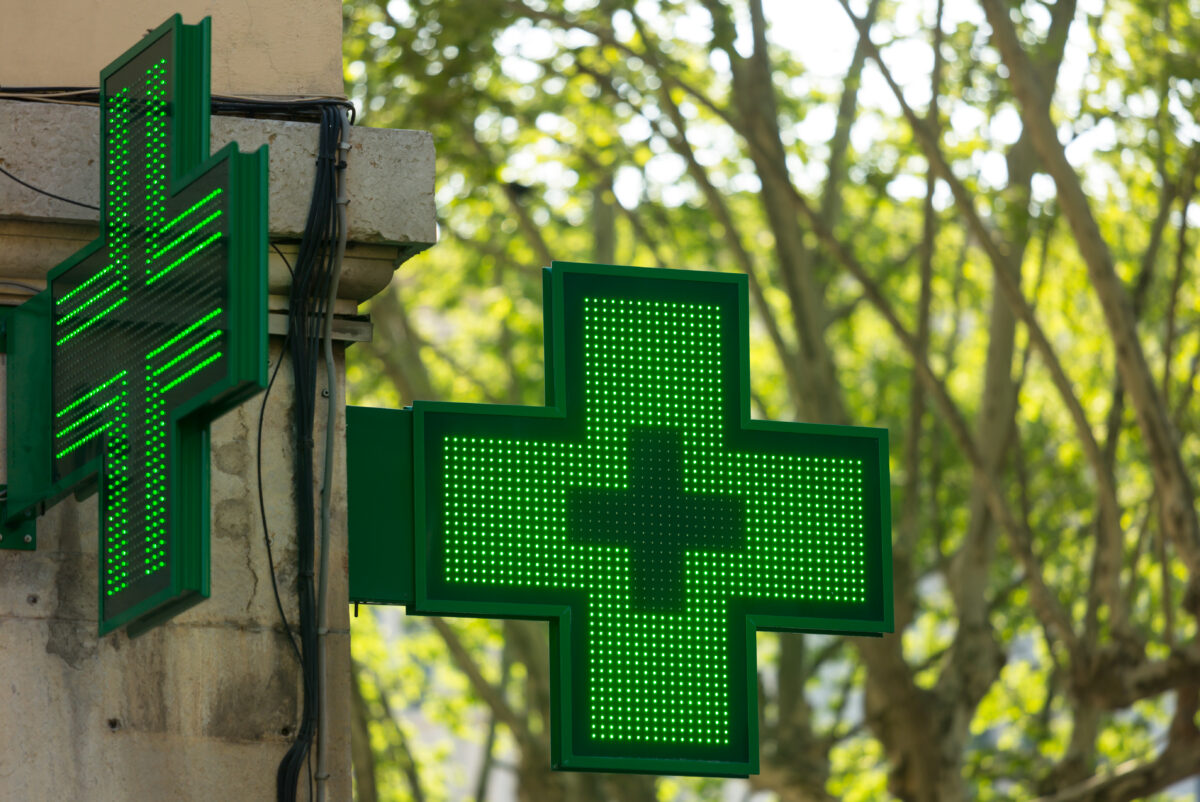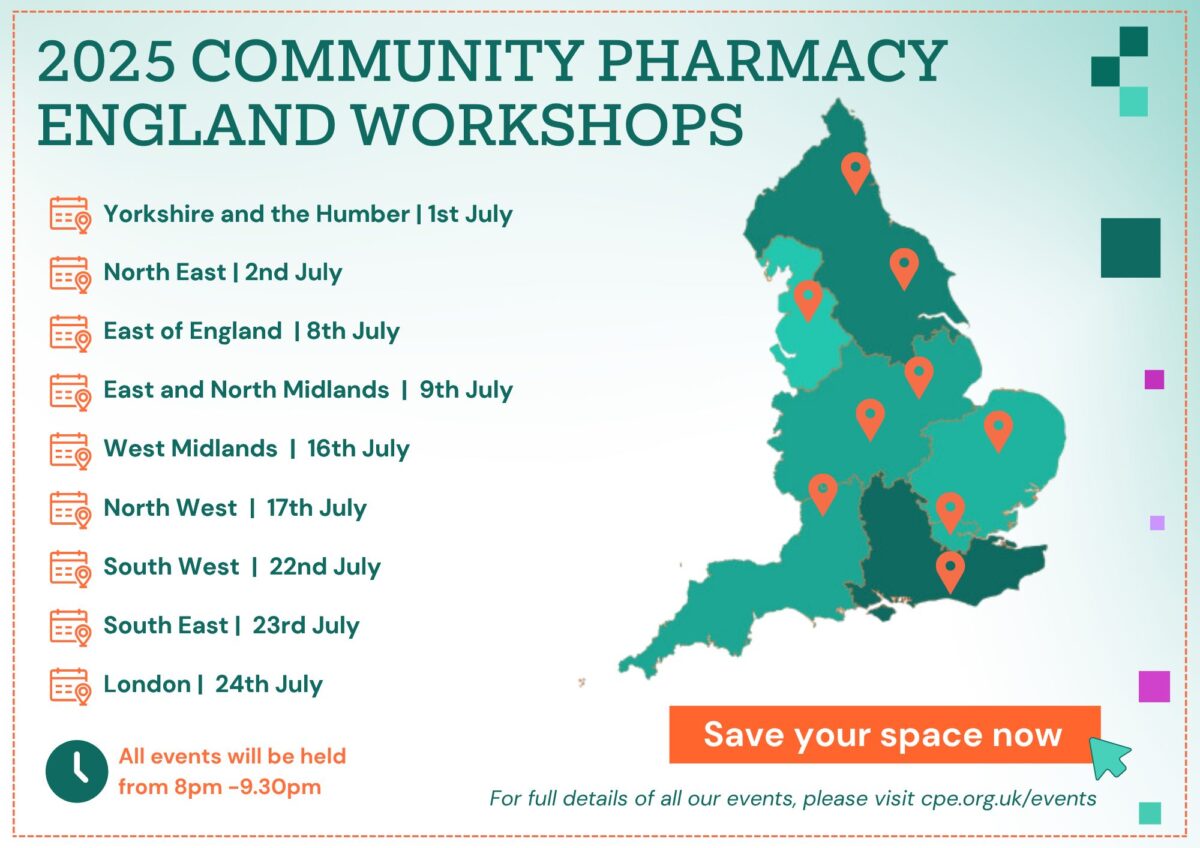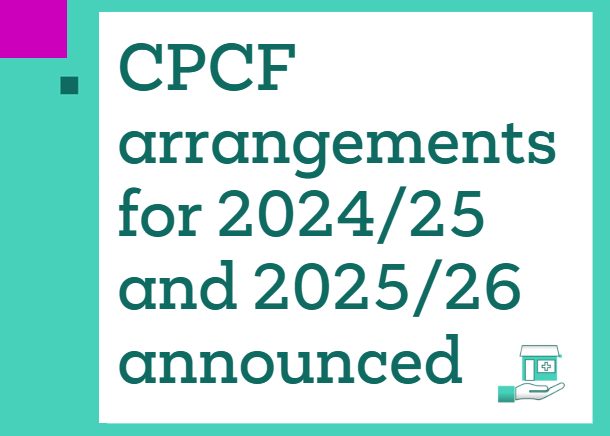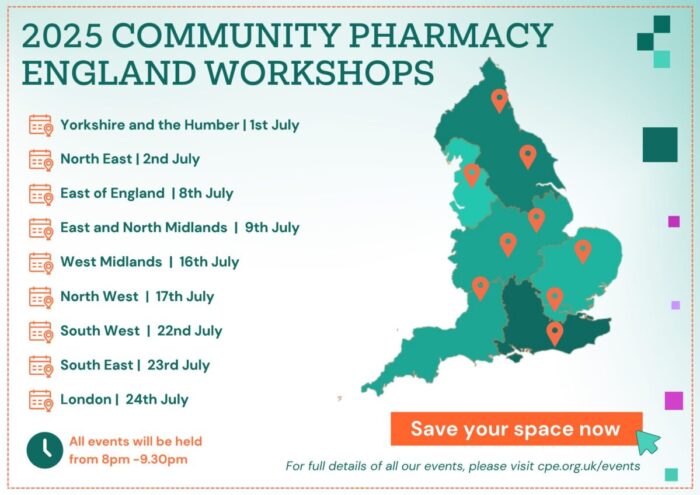Which commissioner?
Published on: 14th April 2014 | Updated on: 13th July 2022
Healthcare commissioning is the process by which the health needs of a population are assessed, the responsibility is taken for ensuring that appropriate services are available to meet these needs, and the accountability for the associated health outcomes is established.
Since April 2013 a number of commissioners have had a role in commissioning services from community pharmacies. The following general rules apply, but there are grey areas which may result in local variation on which commissioner takes a lead in commissioning a service.
Click on a heading below for more information.
Local NHS England teams commission all services in the NHS Community Pharmacy Contractual Framework (CPCF), i.e. Essential, Advanced and Enhanced Services. Other commissioners cannot commission these services from community pharmacies. Enhanced Services are those pharmaceutical services that are listed in The Pharmaceutical Services (Advanced and Enhanced Services) (England) Directions 2013. Other commissioners may choose to commission some of these Enhanced Services from community pharmacies, but they would be classed as locally commissioned services and not Enhanced Services.
NHS England Pharmacy Enhanced Services Q&A (April 2014)
LAs have responsibility for commissioning a wide range of services, including most public health services and social care services. The following public health services provided by community pharmacies would be commissioned by local authorities:
- Supervised consumption;
- Needle and syringe programme;
- NHS Health Check;
- EHC and contraceptive services;
- Sexual health screening services;
- Stop smoking;
- Chlamydia testing and treatment;
- Weight management; and
- Alcohol screening and brief interventions.
LAs will use their own contracts or the standard public health contract to commission services from community pharmacies.
There are a small number of circumstances where a public health service is commissioned by another organisation, e.g. NHS England commissions vaccination services from GPs, community pharmacies and other providers. There may also be circumstances where Clinical Commissioning Groups may wish to be involved in commissioning a public health service, due to the impact the service may have on the development or management of long-term conditions. This may involve co-commissioning a service, which is likely to happen on a more regular basis as a result of the full introduction of the Better Care Fund in 2015/16.
Community Pharmacy England believes that some public health services which are widely commissioned at a local level could be more effectively and efficiently commissioned within the national Community Pharmacy Contractual Framework (CPCF). However, the Government’s localisation agenda and the current commissioning landscape, where NHS England commissions the CPCF but LAs hold funds for public health services, means that it is unlikely that such services could be commissioned via the national CPCF in the near future.
The services that ICBs commission include planned hospital care, rehabilitative care, urgent and emergency care (including out-of-hours and accident and emergency services), most community health services, maternity services, mental health and learning disability services.
From community pharmacy, ICBs may wish to commission services such as minor ailments services and palliative care schemes.
These contracting routes are described in the following PowerPoint presentation:
Description of contracting routes for locally commissioned services (PDF) (March 2014)
Description of contracting routes for locally commissioned services (PowerPoint) (March 2014)
For more information on this topic please email services.team@cpe.org.uk

